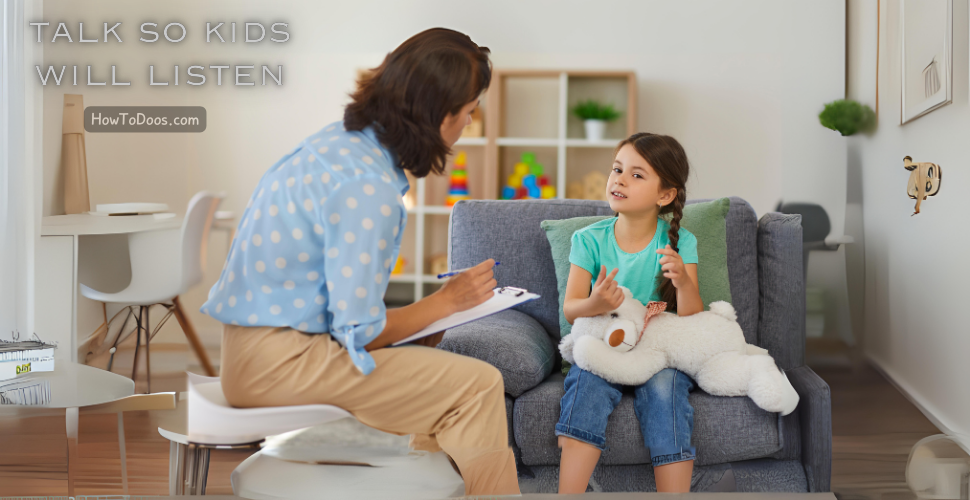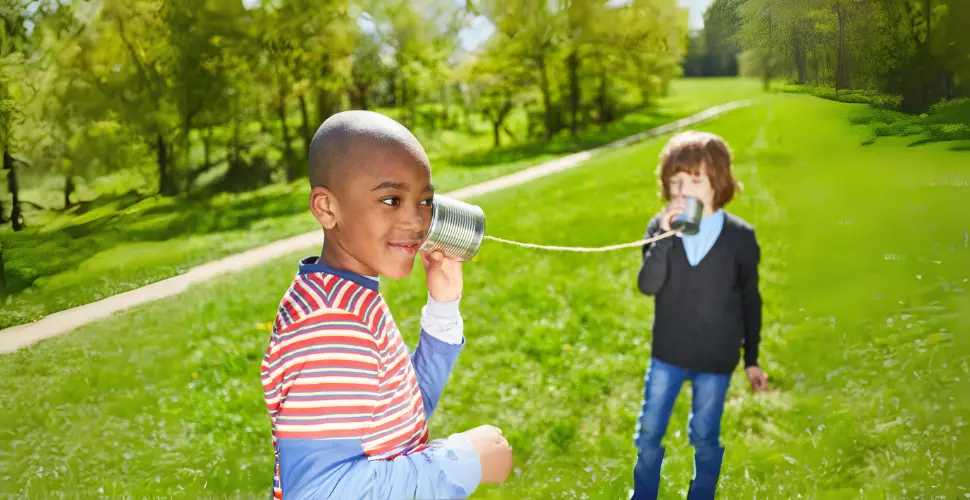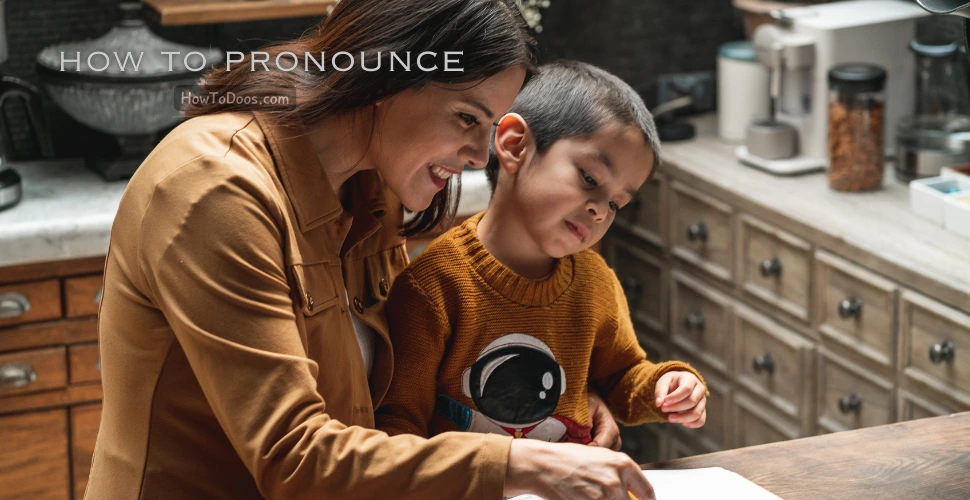How to Talk So Kids Will Listen – Effective Communication Strategies for Parents
-
 Olivia Taylor
Olivia Taylor - 13 Jul, 2024

Effective communication is key to building a strong and positive relationship with your children. When kids feel heard and understood, they are more likely to listen and respond positively. This guide provides practical strategies to improve your communication with your kids and foster a harmonious family environment.

Understanding the Importance of Communication
1. Building Trust and Respect
Effective communication helps build trust and respect between parents and children. When children feel valued and understood, they are more likely to trust and respect their parents’ guidance.
2. Enhancing Emotional Connection
Good communication strengthens the emotional bond between parents and children. It allows parents to understand their children’s feelings and needs better, fostering a deeper emotional connection.
Strategies for Effective Communication
1. Listen Actively
Show Genuine Interest
Give your full attention to your child when they are speaking. Make eye contact, nod, and respond appropriately to show that you are genuinely interested in what they have to say.
Avoid Interrupting
Allow your child to express themselves fully before responding. Avoid interrupting or finishing their sentences, as this can make them feel unheard.
2. Speak Clearly and Calmly

Use Simple Language
Use age-appropriate language that your child can easily understand. Avoid using complex words or phrases that may confuse them.
Stay Calm
Maintain a calm and composed tone, even when discussing difficult topics. Yelling or using a harsh tone can create fear and resistance in children.
3. Validate Their Feelings
Acknowledge Emotions
Acknowledge your child’s feelings and emotions, even if you don’t agree with them. Let them know that it’s okay to feel the way they do.
Empathize
Show empathy by putting yourself in your child’s shoes. Understanding their perspective can help you respond more effectively.
4. Set Clear Expectations
Be Specific
Clearly communicate your expectations and rules to your child. Be specific about what you expect from them and why it’s important.
Consistency
Be consistent with your expectations and follow through with consequences if necessary. Consistency helps children understand the importance of rules and boundaries.
5. Offer Choices
Empower with Options
Giving your child choices helps them feel empowered and involved in decision-making. Offer limited options to avoid overwhelming them.
Encourage Responsibility
Allow your child to make decisions within set boundaries. This encourages responsibility and independence.
6. Use Positive Reinforcement
Praise and Encouragement
Praise your child for their efforts and accomplishments. Positive reinforcement encourages them to repeat positive behaviors.
Reward System
Implement a reward system for good behavior. Rewards can be simple, such as stickers or extra playtime, to motivate your child.
Common Communication Challenges and Solutions
1. Dealing with Defiance
Stay Calm
When your child is defiant, stay calm and avoid escalating the situation. Address the behavior calmly and assertively.
Discuss Consequences
Explain the consequences of their actions and follow through if necessary. Consistent consequences help reinforce boundaries.
2. Handling Tantrums
Stay Composed
During a tantrum, stay composed and avoid reacting with anger. Give your child space to calm down before addressing the issue.
Identify Triggers
Identify the triggers of tantrums and address them proactively. Understanding what sets off a tantrum can help prevent future occurrences.
3. Managing Disrespect
Set Boundaries
Clearly define what is considered disrespectful behavior and communicate this to your child. Set boundaries and consequences for disrespect.
Model Respect
Model respectful behavior in your interactions with your child and others. Children learn by observing their parents’ behavior.

Summary
Effective communication with your children involves active listening, clear and calm speaking, validating their feelings, setting clear expectations, offering choices, and using positive reinforcement. By implementing these strategies, you can build a stronger, more respectful, and emotionally connected relationship with your kids. Remember to stay patient and consistent, and adapt your approach as your child grows and develops.

